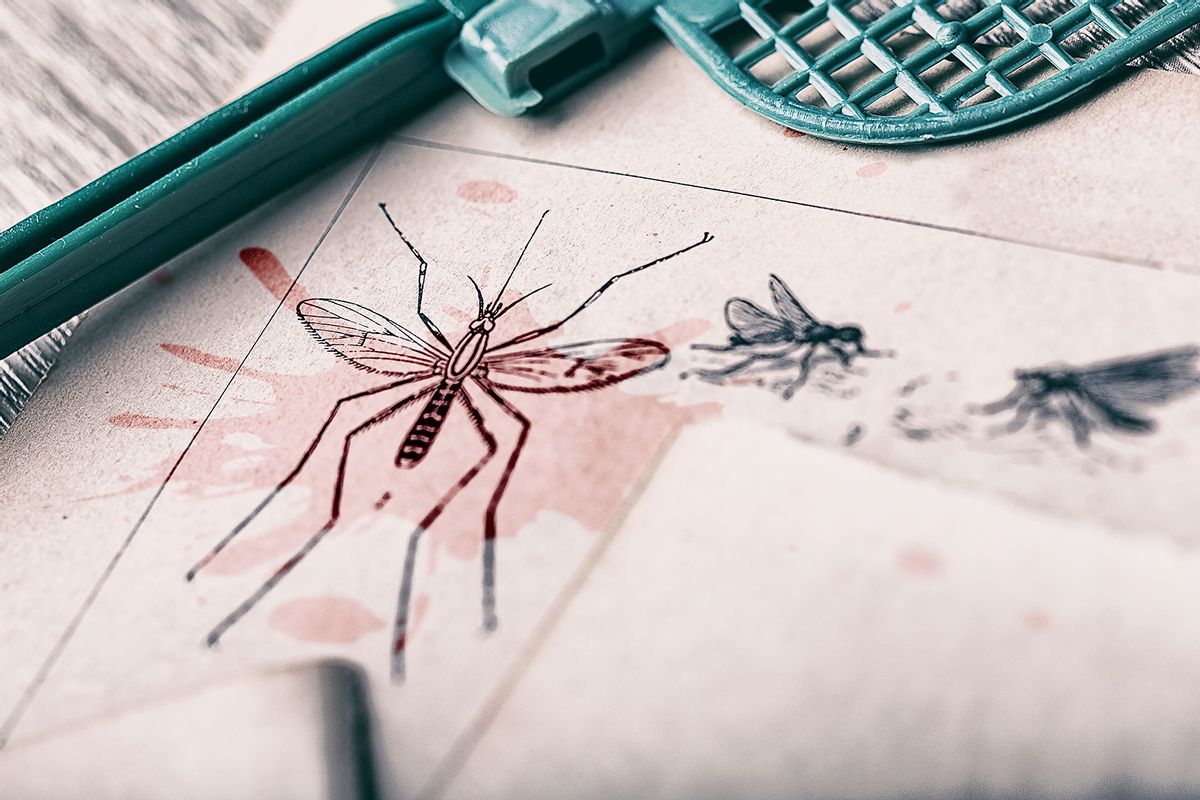This summer, public health officials in Florida issued a warning to residents to avoid mosquitoes after five cases of dengue fever were reported. Also known as “breakbone fever,” dengue fever is an illness that no one wants to experience. Symptoms include nausea, high fever, and debilitating body aches and headaches, usually behind the eyes. Rashes can occur across the body, and in severe cases, bleeding can occur in the nose or gums. It’s one of many mosquito-borne illnesses that have made a comeback in the U.S. after being eradicated in the 1960s. Europe is also seeing a surge in dengue, and severe outbreaks have been reported in Bangladesh, Costa Rica, and Peru. The situation is expected to worsen as climate change leads to warmer temperatures, expanding mosquito breeding seasons and habitat ranges. Sadie Ryan, Ph.D., co-director of the Florida Climate Institute at the University of Florida, warns that it’s only a matter of time before future outbreaks spread even further across the U.S.
Drugmakers are working on treatments and vaccines for mosquito-borne illnesses. Johnson & Johnson recently reported positive results in an early study for a pill to treat dengue. However, scientists emphasize that we are still unprepared for these outbreaks and should learn from the missteps made during the COVID-19 pandemic and the Zika outbreak in 2016. Dr. Peter Hotez, dean of the National School of Tropical Medicine at Baylor College of Medicine, states that local health departments in the U.S. are limited in their ability to control mosquitoes and diagnose these viruses.
While dengue has sporadically appeared in outbreaks along the U.S.-Mexico border in recent years, there were 516 locally acquired dengue cases in Texas and Florida in 2023 alone, according to the Centers for Disease Control and Prevention (CDC). This summer, Alabama reported two cases of eastern equine encephalitis, another potentially fatal mosquito-borne illness, and the U.S. documented its first cases of locally transmitted malaria in 20 years. A recent CDC report also noted a significant increase in West Nile virus cases.
Mosquito-borne illnesses are on the rise globally due to urbanization, climate change, and natural climate patterns. Dengue has now spread to 129 countries, putting half of the world’s population at risk, according to the World Health Organization. A study in The Lancet projected that the number of people at risk for dengue could increase by 4 to 7 million by 2070. Mosquitoes are drawn to urban environments and can exploit small water pockets in garbage, making them excellent disease transmitters.
The CDC has implemented a public health strategy to protect against these diseases, including improving surveillance systems, diagnostic tests, and treatments. However, funding streams for vector-borne diseases, like those carried by mosquitoes, have been reactive, leading to gross inequities and repeated outbreaks. The fragmented U.S. public health system has been highlighted by the inadequate response to Zika, which left poorer nations behind and lacked proper public health guidance for pregnant women.
Mosquito-borne illness outbreaks also expose health disparities. Dr. Desiree LaBeaud, a pediatric infectious disease physician at Stanford University, highlights how malaria cases are often found in unhoused individuals. Just like with COVID-19, future mosquito-borne illness epidemics will likely expose general inequities that need to be addressed.
Unlike COVID-19, proven mitigation measures already exist for mosquito-borne illnesses. Public health officials can conduct mosquito surveillance and testing, deploy fumigation or public health messaging in affected areas, and work to ensure equitable access to preventive measures. However, the challenge lies in having the necessary resources to implement these measures. Vaccine hesitancy is also a concern, as previous incidents have led to increased hesitancy and challenges in developing new vaccines for dengue and other mosquito-borne illnesses.
The spread of dengue and other mosquito-borne illnesses in the U.S. and Europe could potentially accelerate vaccine development and new treatments. However, global access to these vaccines and treatments may still be limited. Lessons from the COVID-19 pandemic highlight the need for equitable distribution of vaccines instead of hoarding them. The infections and outbreaks caused by these mosquito-borne illnesses raise perplexing questions that require urgent attention and action.


